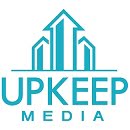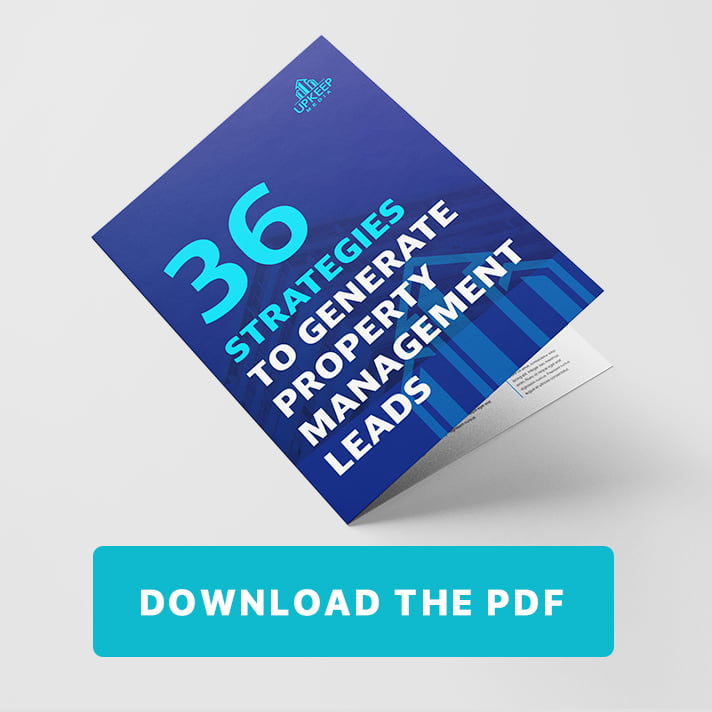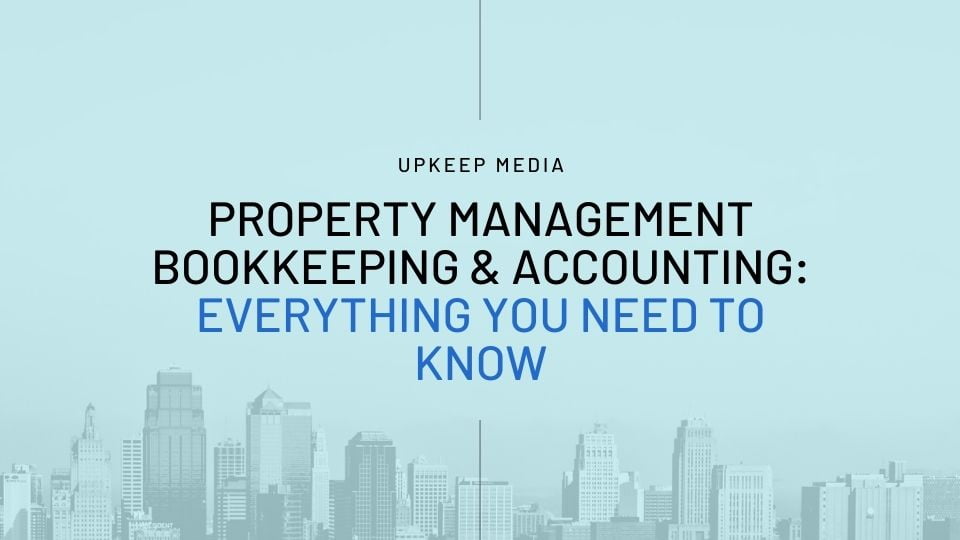
For property managers and property management companies, a solid understanding of the accounting terminology used combined with the best accounting software available is an important step in getting your finances in tip-top shape.
In order to run a successful property management company, it’s crucial that you keep an eye on your finances. While this is easier said than done, there is a wide variety of accounting software available to help. This software can help you effectively manage each property so you can easily see how much revenue your company is bringing in each month. Of course, you will have an easier time navigating these tools by gaining an understanding of the specific accounting terms used.
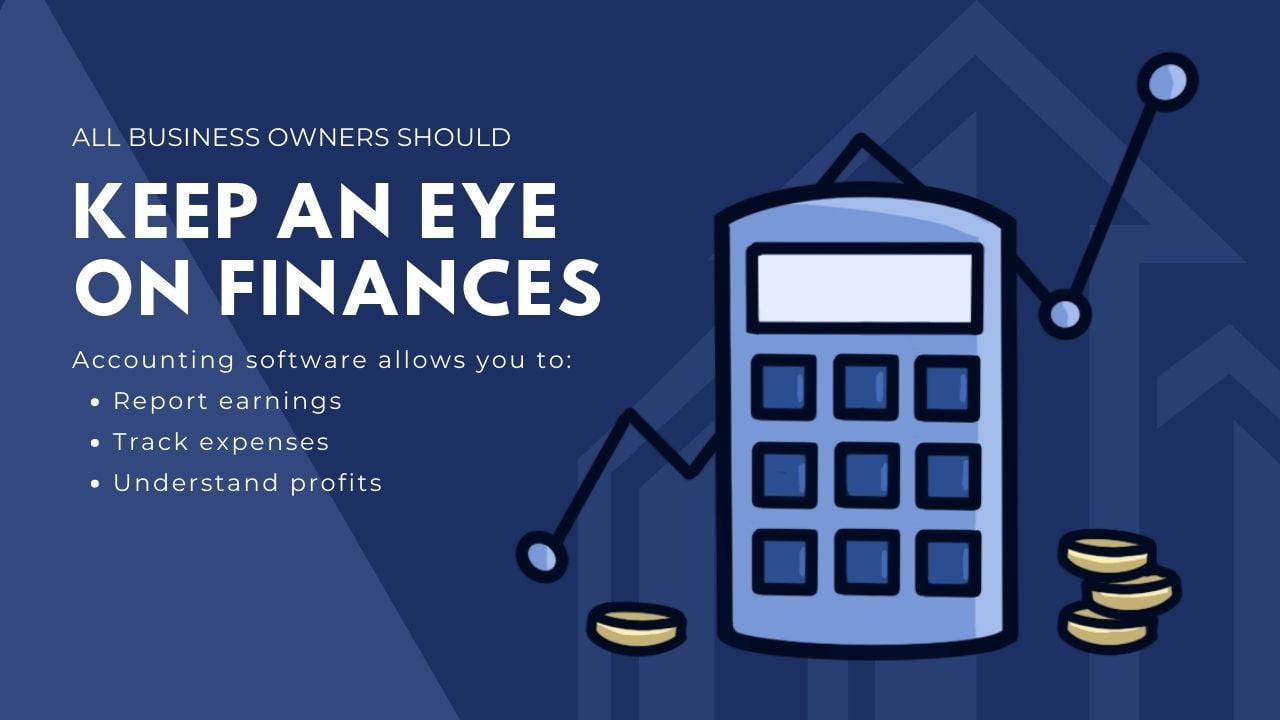
We want to help your property management company have a better grasp of its finances. We know that accounting can be intimidating – utilizing our guide for accounting terminology and software, you will be armed with the knowledge needed to better tackle these challenges.
Trust us, it’s not as intimidating as you think!
Terminology You Should Know
As a property manager, these are the most important accounting terms you should know.
Basic Accounting Terminology
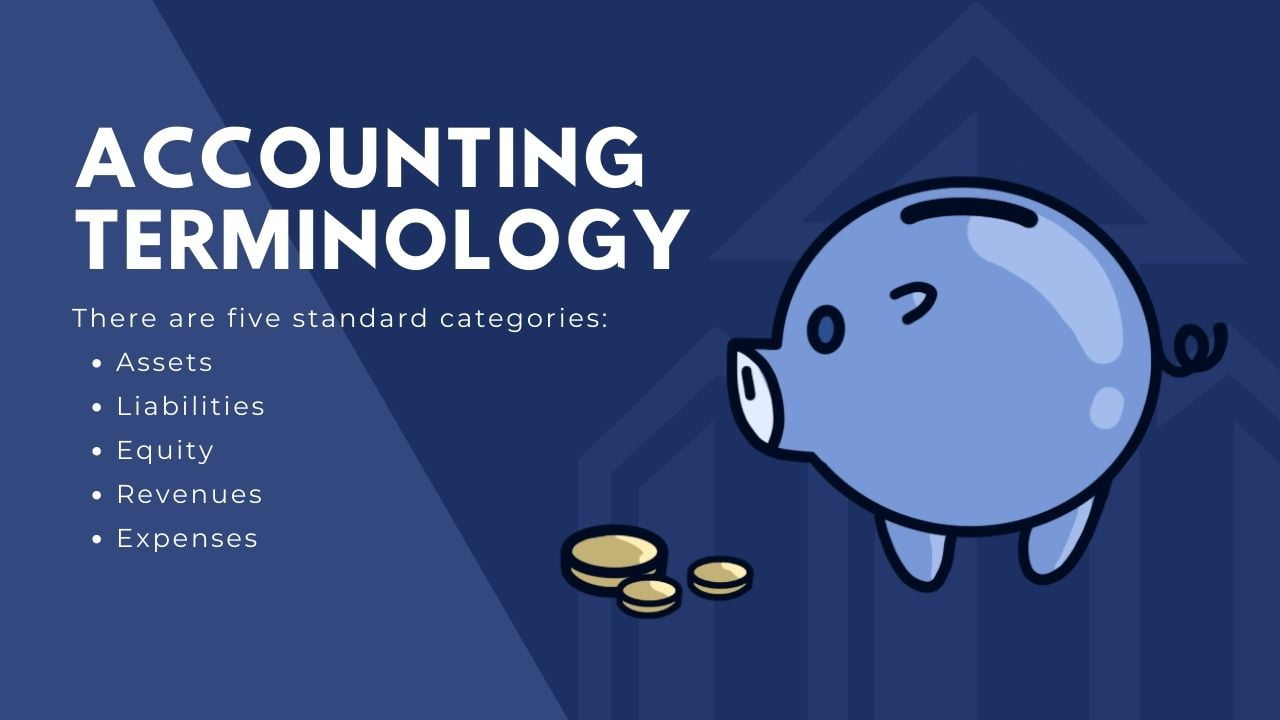
Account – a thorough and comprehensive record of all the transactions that have occurred in any particular area of your business. Accounts are grouped into five standard categories:
- Assets
- Assets include all the things a company may own that have a monetary value. These are often ordered from cash (the most liquid asset) followed by land or real estate (the least liquid asset). Liquidity is determined by the ease with which this monetary value can be accessed by an individual or company.
- Liabilities
- Liabilities include all debts that your company has not yet paid. Examples include accounts payable and loans. Liabilities can be long term (like loans) or month to month (like payroll).
- Equity
- Equity is the value of your company left over after all Liabilities have been taken into account. Equity = Assets minus Liabilities. This is the portion of your company that is owned outright by you or the investors.
- Revenues
- Expenses
Generally, there are two forms of transactions that a property management company will incur every month: expenses and revenue.
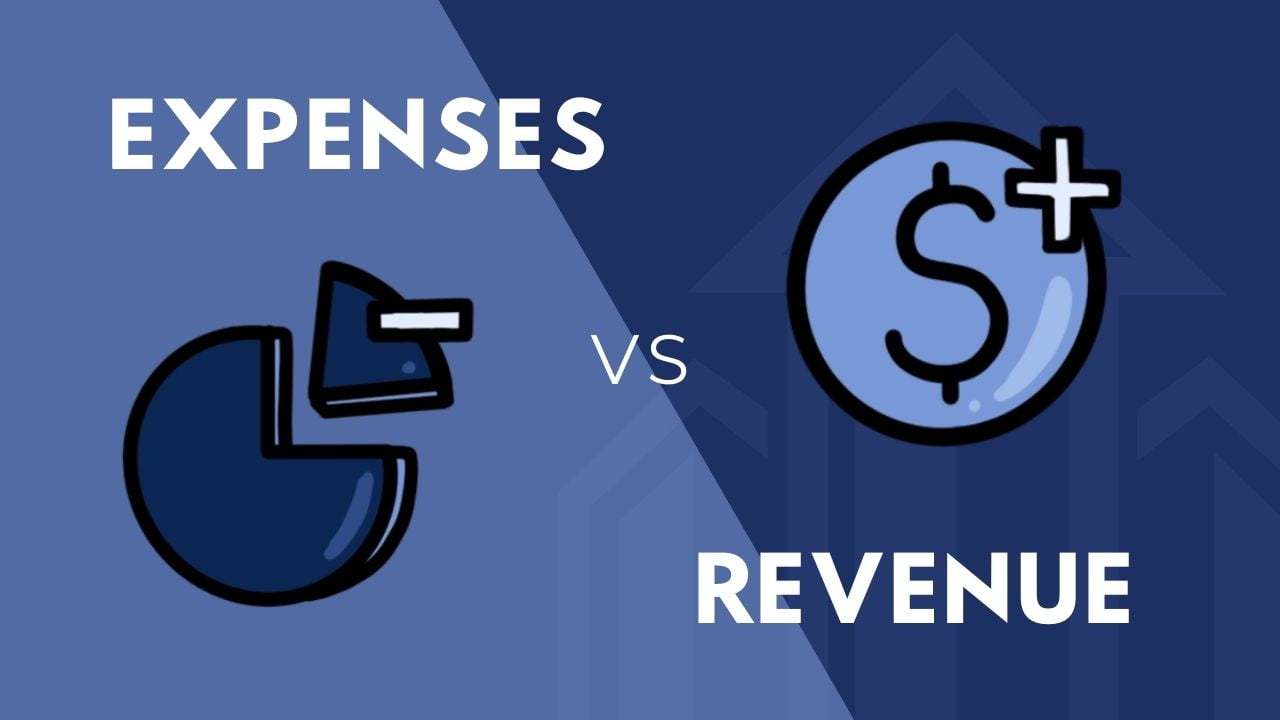
An expense is any cost incurred by the business during the operations of the business. Staffing, advertising costs, utilities or your monthly rent are all examples of business expenses. The money you owe is called accounts payable.
Revenue is the activities conducted by a business that generates capital for this business. The money you earn that you have not yet collected is called accounts receivable.
These transactions are also sometimes called debits and credits. A debit occurs when there is an increase in an Asset or Expense account or a decrease in a Liability or Equity account. A credit is the opposite. A credit occurs when there is an increase in a Liability or Equity account or a decrease in an Asset or Expense account.
Different Forms of Accounting
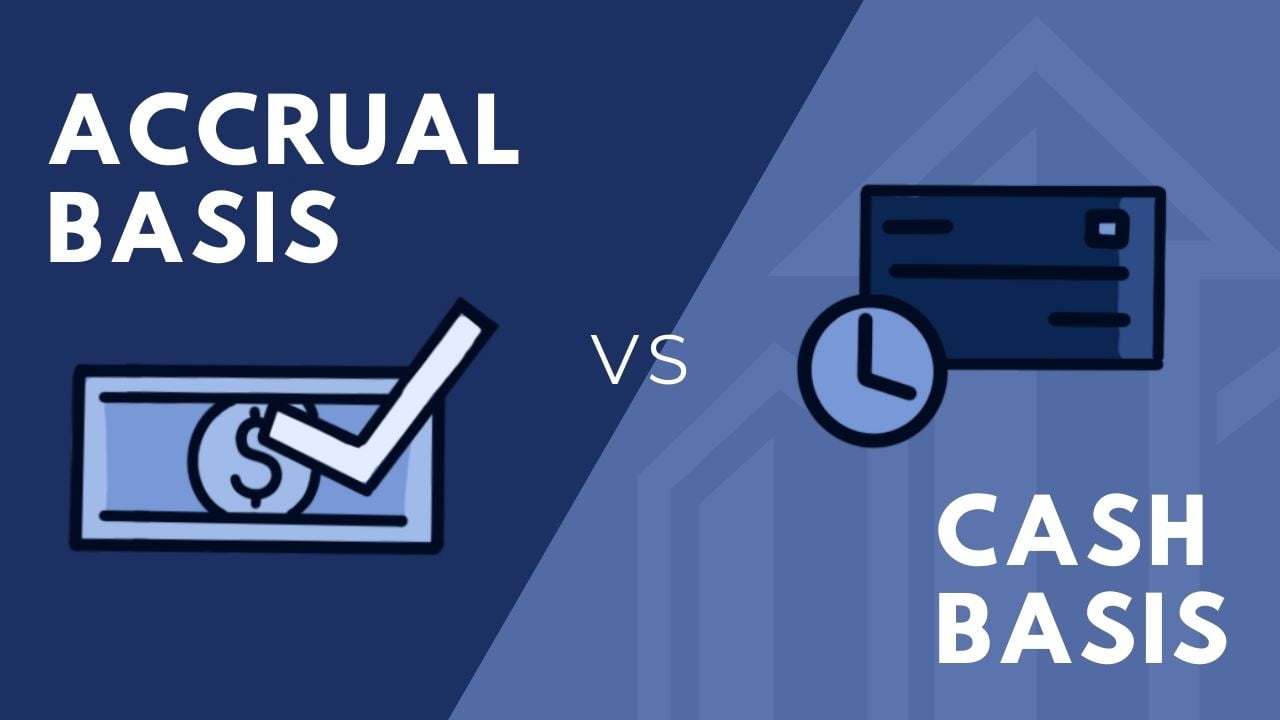
There are two types of property management accounting principles a property manager can adopt – accrual basis accounting or cash basis accounting. The difference between these two different types of accounting is relatively simple and has to do with when revenues and expenses are recorded.
In an accrual-based accounting system, revenue is recorded immediately. In a cash basis accounting system, the revenue would not be recorded until the credit payment was received.
How to Read an Income Statement
For many business owners, there can be a significant learning curve associated with reading an income statement and being able to see, at a glance, the financial health of your business.
An income statement is one of the most common financial statements prepared by an accountant or accounting software. It’s designed to give a comprehensive overview of your current financials. While there are a vast number of terms and figures on an income statement, here are some of the most common terms you might encounter:
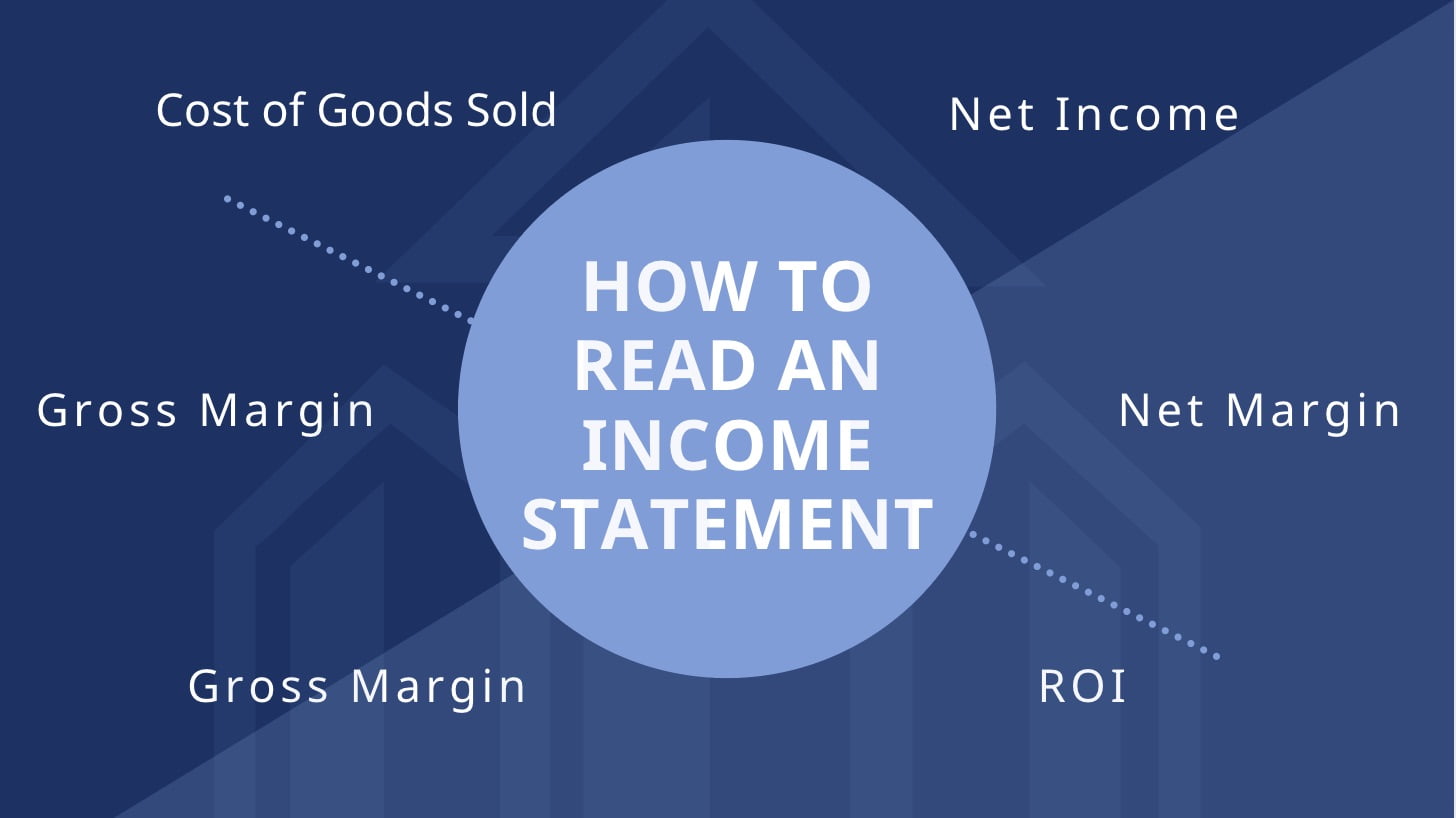
Cost of Goods Sold
Cost of Goods Sold is the general term given to the Expenses that directly relate to the creation of a good or service. For property managers, the Cost of Goods Sold would be all the Expenses and Direct Labour costs associated with providing property management services.
Gross Profit
Gross Profit is the number that indicates the profitability of a company in dollars. Gross Profit does not take into account overhead expenses such as office space or staff. Gross Profit is calculated by taking the Revenue and subtracting it by the Cost of Goods Sold over the same period of time.
Gross Margin
Gross Margin is the percentage used to determine the profitability of a business after deducting the Cost of Goods Sold. The percentage of Gross Margin is determined by dividing the Gross Profit by Revenue over the same period of time.
Book A Free 30-Minute Strategy sessionNet Income
Net Income is the term used to describe the dollar amount that is earned as profit. Net Income is calculated by subtracting all Expenses (costs of goods sold, depreciation, overhead costs, payroll, taxes, etc.) from total Revenue.
Net Margin
Net Margin is the percentage amount that identifies the profit of a business compared to its’ Revenue. Net Margin is calculated by dividing Revenue by the Net Income over a given period of time.
Return on Investment (ROI)
This term has evolved over time. Today, Return on Investment is a general term given to the Returns (or Revenue) as a result of a given project or objective. For example, if your property management company spends $1000 on social media advertising and, as a result, you obtain a new client valued at $2,000, you could infer that your Return on Investment on the social media marketing campaign was 100%.
Property Management Accounting Tools
5 Best Accounting Softwares

There is a multitude of both general and real estate accounting software that fits the needs of property managers and property management companies. Each software has its advantages and disadvantages based on your unique business needs. This software is useful for both residential and commercial property management accounting. Here is a brief summary of each accounting software and how they best adapt to fit the needs of property managers:

QuickBooks
One of the most commonly used accounting software, Quickbooks has evolved to be more than just a basic bookkeeping app. Quickbooks offers a number of helpful apps for businesses including ReceiptBank (an app to track your receipts), TSheets (a time tracking app for employees to simplify payroll), and Square (a mobile payment processor).
Through its user-friendly platform, Quickbooks enables property managers to track expenses, create and send invoices, track mileage and receipts, pay employees, and much more. There is a reason this platform has become so popular among all types of business owners!
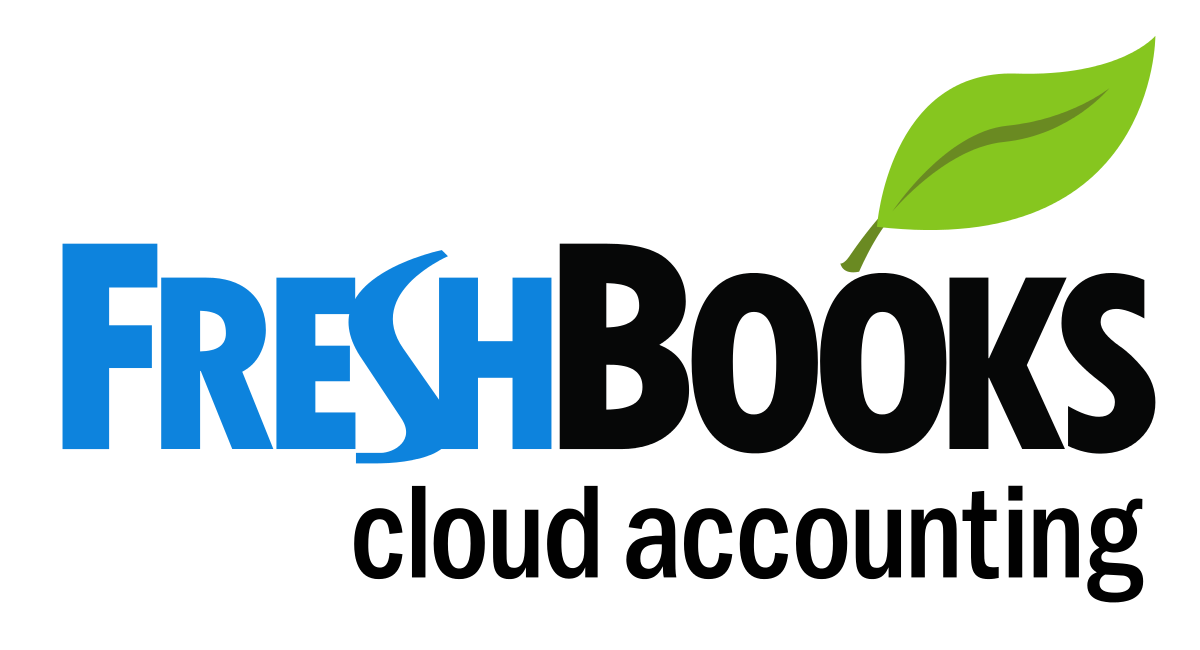
FreshBooks
FreshBooks is a cloud-based accounting software designed for small business owners to manage their financials and client relationships. The FreshBooks platform has the capabilities to track transactions and expenses, create and send invoices, track employee time, and allow your team to collaborate on projects (much like a productivity app or CRM software).
FreshBooks has over 100 app integrations so you can connect with your team and clients seamlessly to streamline your business operations. These apps include Gmail, Slack, MailChimp and numerous payment processors.
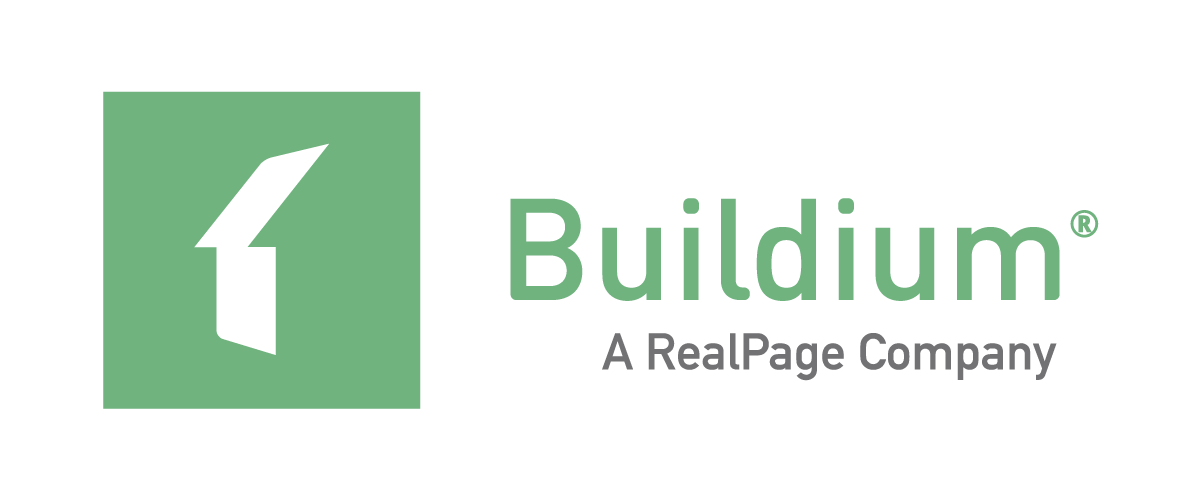
Buildium
Buildium is an accounting and business operations software specifically designed for property managers. The Buildium software is designed to manage not only the financial elements of your business but also has the operational functionality as well.
Some of the key features of the Buildium software include property accounts, online payments for tenants, document storage, maintenance request tracking, and an online portal for tenants or residents. It even has the function to help manage the entire leasing process. If you’re looking for a comprehensive suite of property management-specific tools, Buildium is a great solution for your business needs.
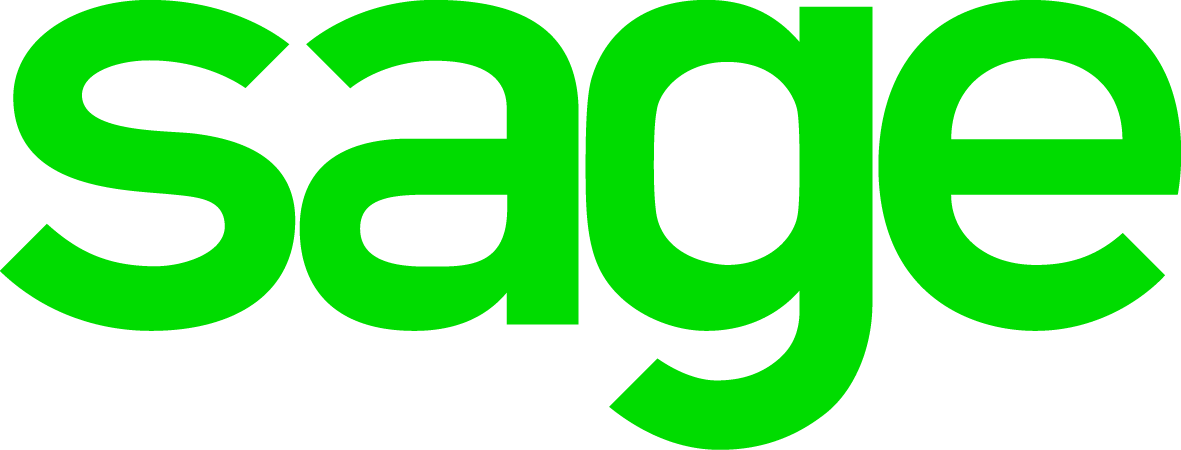
Sage Accounting
Sage Accounting is an accounting and bookkeeping software designed with small businesses in mind. With over 35 years of experience supporting small business owners, Sage Accounting offers a suite of financial accounting tools such as accounts payable and accounts receivable services, billing, and invoicing.
Sage Accounting is a cloud-based software so you can track and manage your accounting from anywhere on a desktop or mobile device.

Bench
If you are a US-based business, you are able to take advantage of Bench’s unique virtual bookkeeper services. Unlike other cloud-based accounting software that requires you, the business owner (or delegate), to manage your finances, Bench offers professional bookkeeping services for small businesses.
These bookkeepers are real humans who use the online Bench accounting software to import bank statements, categorize your expenses, and to prepare a comprehensive financial statement every month.
Conclusion
As a property management company, learning to integrate and maintaining new property management accounting software packages can be a bit of a learning curve. We recommend doing thorough research on the financial needs of your business and how different accounting software can be integrated into your existing processes.
Book A Free 30-Minute Strategy sessionWhen in doubt, there are several online resources available to educate you and we encourage you to work closely with an accountant who specializes in business accounting to best address your needs. Looking for more software to help you with your property management business’ challenges? Read our article about the best CRM software for property managers!
